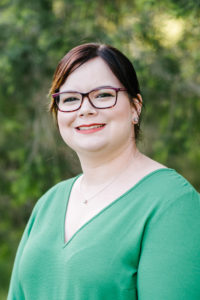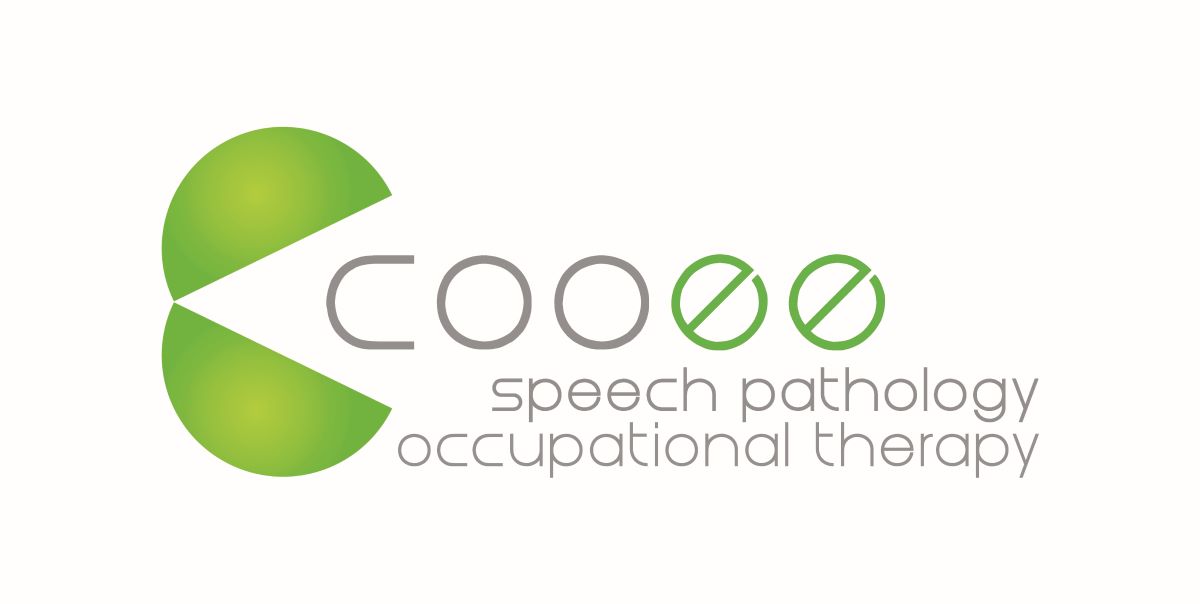What is Childhood Apraxia of Speech?
Our North Brisbane Paediatric Speech Pathologists are talking about Childhood Apraxia of Speech (CAS) this week.
What is Childhood Apraxia of Speech?

Childhood Apraxia of Speech or CAS is a childhood speech sound disorder.
Children who have CAS have difficulties with the efficient, rapid, coordinated movements required for speech.
It is a core deficit in the motor planning for the movements involved in speech sound production. For children with CAS, speech is very effortful and learning to speak clearly can also be very challenging. CAS can occur as a result of a neurological impairment, though more often than not, there may be no underlying cause or aetiology.
What does this mean?
While the child knows what they want to say; it is hard for them to correctly coordinate their lips, jaw and tongue to articulate their sounds and words clearly to be understood. Their speech sound ability is often not adequate enough to meet the demands of their expressive language abilities and this can affect how they are understood and how they can communicate. They will often know what they want to say; but be unable to or find great difficulty in expressing themselves. This may result in frustration or withdrawal.
What does it look like?
There are both speech related signs and non-speech related signs.
Speech related:
- Reduced babbling or little variation in babbling
- Limited sound variation
- Inconsistent errors
- More errors with longer or more complex words
- Omitting sounds from words, particularly initial sounds
- Vowel errors
- Excessive stress
- Loss of previously known words
- Increased difficulty with volitional speech vs automatic (counting, abc, names of the week etc.)
- Mostly simple, single syllable words
- Increased difficulty with volitional oral movements – i.e difficulty with smiling, kissing, blowing on request.
Non – speech related:
- Delays with fine and/or gross motor skills
- Feeding difficulties may occur; including choking and/or movement of food in the mouth
- General incoordination or clumsiness
- Frustration around communication
What does the future hold?
With early, intensive, extended intervention and support, even children with moderate or severe CAS can achieve functional speech. Research shows that children with CAS who have more intensive therapy or a higher dosage of therapy – say therapy 2 or 3 times a week – achieve greater results and have a better prognosis. There are many other factors that can influence prognosis, which are child specific; such as severity of the CAS, initial progress, the underlying cause, family history, cognitive skills, co-occurring difficulties/delays (such as language delays) attention and motivation. Overall, children with CAS can make progress and learn to communicate their needs functionally; however it may take an extended, intensive intervention period. Your therapist will be able to give you an indication of your child’s journey.
What is involved in an assessment?
Your therapist will complete an assessment on your child’s speech sounds, oral motor skills and may assess for inconsistency. In addition, they may take a sample of your child’s connected conversational speech. This will serve as both a measure of their speech sounds in conversation and their expressive language skills. Games and play based activities may be used as well.
What interventions are available ?
After your assessment your therapist will recommend the intervention most appropriate for your child. This may include typical speech articulation/phonological based therapy; visual supports which may include a form of Alternative and Augmentative Communication (AAC) or PROMPT (Prompts for Restructuring the Oral Muscular Phonetic Targets) which is where the therapist physically manipulates the child’s face to accurately produce the sounds.
For more information on PROMPT, please use this link to a read previous blog.
What should you do if you’re concerned about your child?
If you see any of the above signs, have concerns about your child’s speech sounds development or if your child is experiencing frustration around their communication, it is a good idea to contact a local speech pathologist for an assessment.
For further information or to talk with a speech pathologist, please contact our client care team on 3265 4495; or via email at [email protected]

Emma Lefever
Speech Pathologist
